Different species of sharks in Florida waters can come into contact with and consume cocaine dumped into the water by smuggling gangs.
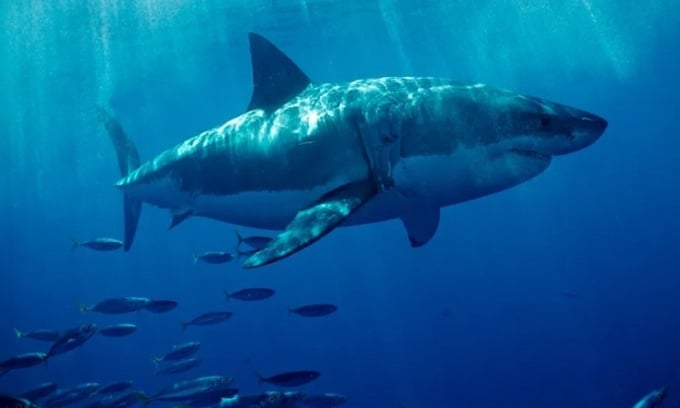
Florida waters are home to many species of sharks. Photo: Fox News
For decades, huge bags of cocaine have washed up on Florida beaches, smuggled from South and Central America. The bags are often dumped into the ocean to be delivered to smugglers and evade police. Currents and tides push them ashore. In June, the U.S. Coast Guard seized 6,400 kilograms of cocaine in the Caribbean and Atlantic, with an estimated street value of $186 million.
With such a large amount of cocaine floating around, marine biologist Tom "The Blowfish" Hird wanted to find out whether the thousands of sharks off the coast of Florida were eating the drugs thrown into the ocean, and if so, how they were affected. For the Discovery Channel's Shark Week, Hird and environmental scientist Tracy Fanara at the University of Florida conducted a series of experiments to find out.
Hird and Fanara focused on the Florida Keys, where fishermen often tell stories of sharks feeding on drugs drifting into the area due to currents. On the show, they dived with the sharks to observe any unusual behavior and monitor whether the sharks made any unexpected moves. A hammerhead shark ( Sphyrna mokarran ), which is normally wary of humans, charged straight at the dive team and appeared to be shaking as it swam. At a wreck 60 feet below the surface, Hird encountered a sandbar shark ( Carcharhinus plumbeus ) that seemed attached to something and swam in tight circles.
To find out more, Hird and Fanara designed three experiments to see how sharks would react to bales of cocaine thrown into the water. They created several bales of similar size and shape that resembled real cocaine wrappers. To their surprise, the sharks swam straight up to the bales and fought over them. One shark even grabbed the bale and swam away. Next, the team made bait blocks from fishmeal that could trigger the same euphoric feeling as snorting cocaine. The sharks went berserk.
Finally, the researchers dropped fake cocaine from a plane to simulate a real-life drug drop. Several species of sharks, including tiger sharks ( Galeocerdo cuvier ), swam toward them. According to Hird, what they found does not necessarily mean that sharks in Florida are eating cocaine. Many factors could explain the behavior observed while filming, and the experiments would need to be repeated multiple times to draw conclusions.
The biologist hopes the program will lead to more research in the area. Hird will conduct more tests on tissue and blood samples to determine if there is evidence of cocaine in the sharks' bodies.
An Khang (According to Live Science )
Source link


![[Photo] Ho Chi Minh City after 50 years of national reunification through buildings and symbols](https://vstatic.vietnam.vn/vietnam/resource/IMAGE/2025/4/15/a224d0b8e489457f889bdb1eee7fa7b4)
![[Photo] General Secretary To Lam meets with veteran revolutionary cadres, meritorious people, and exemplary policy families](https://vstatic.vietnam.vn/vietnam/resource/IMAGE/2025/4/15/7363ba75eb3c4a9e8241b65163176f63)
![[Photo] National Assembly Chairman Tran Thanh Man attends the summary of the organization of the Conference of the Executive Committee of the Francophone Parliamentary Union](https://vstatic.vietnam.vn/vietnam/resource/IMAGE/2025/4/15/fe022fef73d0431ab6cfc1570af598ac)

![[Photo] Welcoming ceremony for Prime Minister of the Federal Democratic Republic of Ethiopia Abiy Ahmed Ali and his wife](https://vstatic.vietnam.vn/vietnam/resource/IMAGE/2025/4/15/77c08dcbe52c42e2ac01c322fe86e78b)
![[Photo] Air Force actively practices for the April 30th celebration](https://vstatic.vietnam.vn/vietnam/resource/IMAGE/2025/4/15/16fdec3e42734691954b853c00a7ce01)
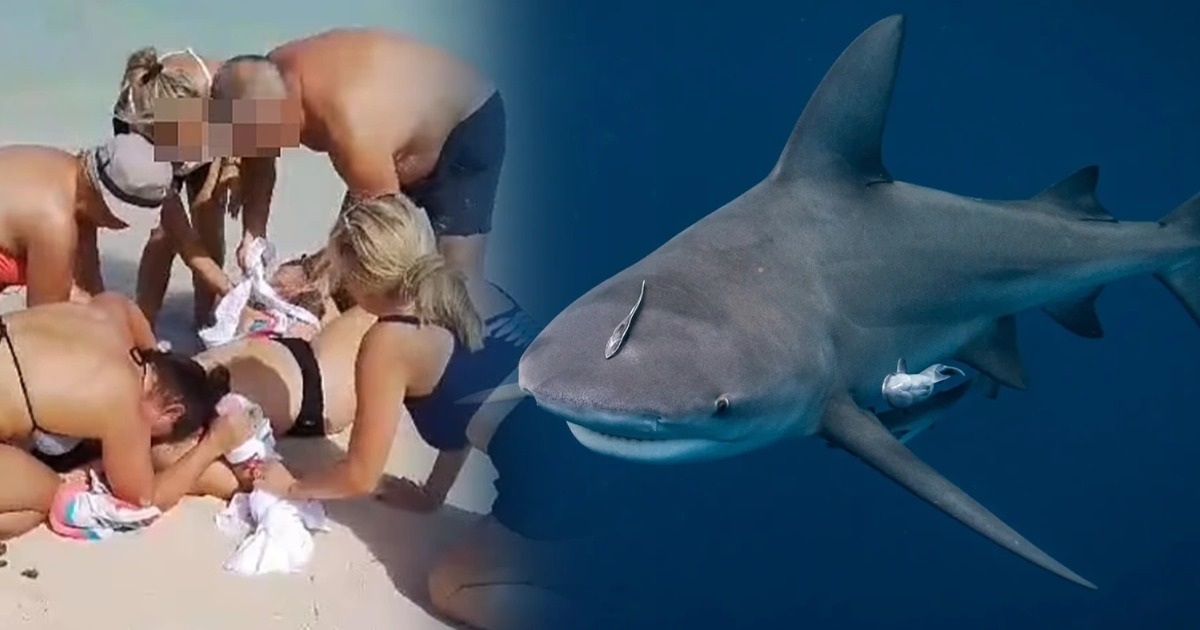

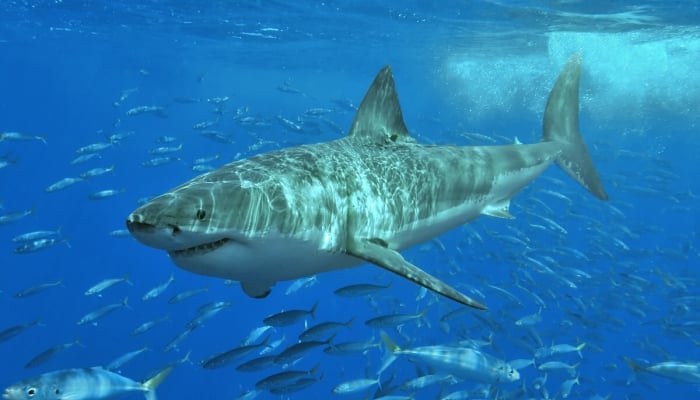

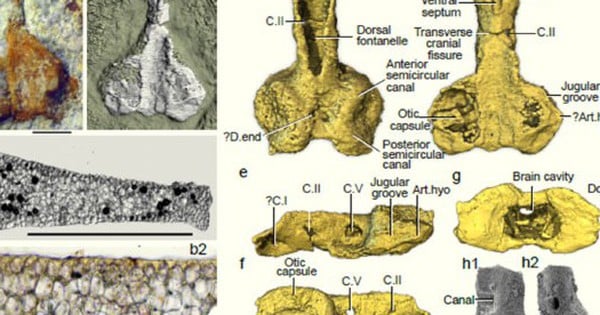


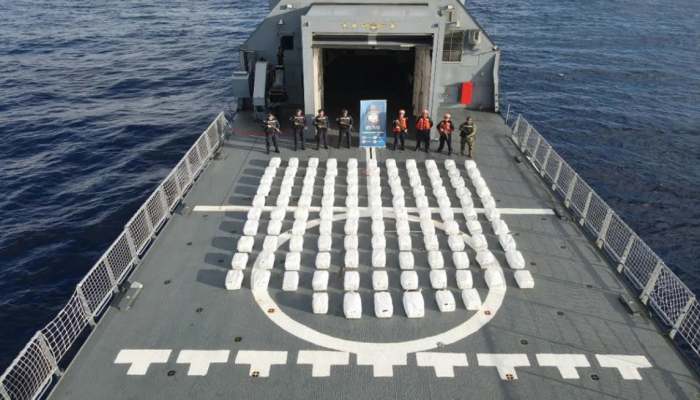




















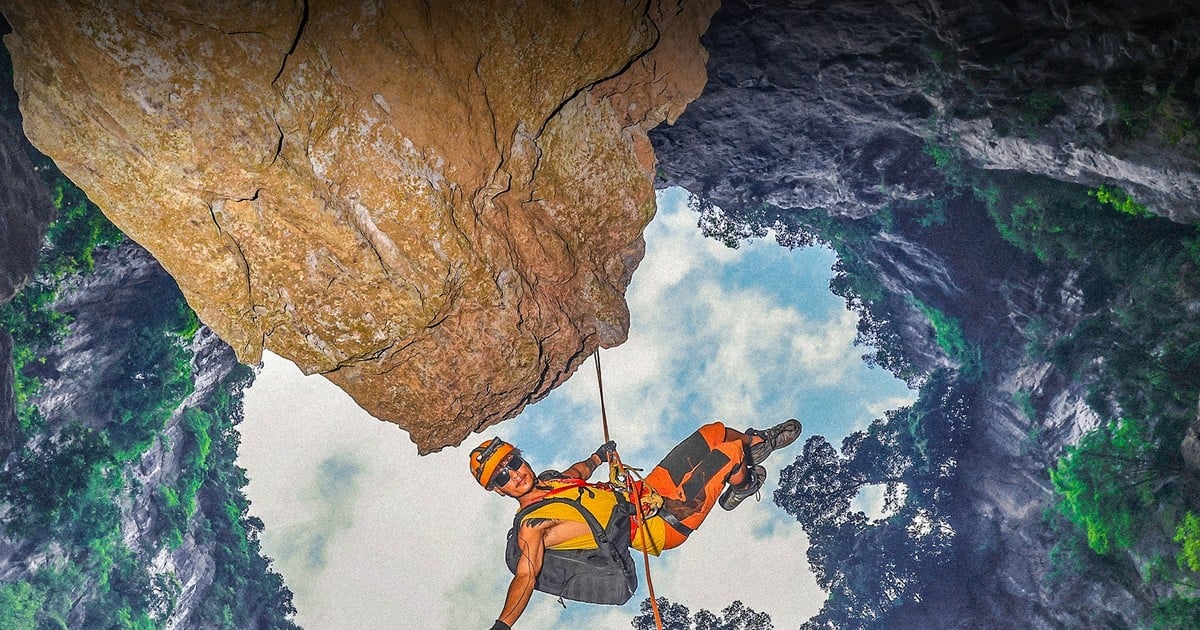



























































Comment (0)